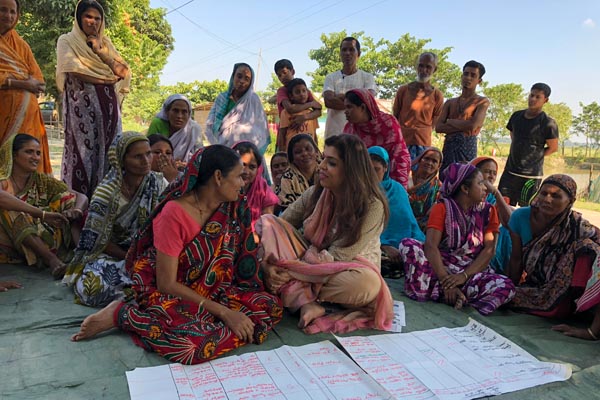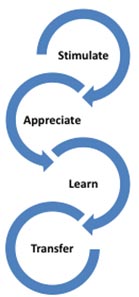




Overview
VHAI with support from The Constellation, Netherlands is implementing SALT (Stimulate, Appreciate, Learn & Transfer) approach in Assam. In SALT, communities play a role in all aspects of the causal chain The approach builds on community ownership of solutions to health issues that communities feel need to be addressed. In addition, when that sense of ownership becomes embedded within individuals and communities, the action that they take will not be dependent on external stimulus: this sense of ownership is the foundation of sustainability.
The Constellation is a not-for-profit organization formed in 2005 to respond to the AIDS pandemic. Since 2005, the Constellation has facilitated the SALT approach in more than 50 countries, through more than 100 partnerships with governments and national and international organizations. These organizations have found the methodology of the Constellation to be an effective tool to advance their projects.

Implementation Area & Focus
VHAI is implementing SALT approach in 60 villages of District Udalguri and Kamrup of Assam. It will help the people of Udalguri and Kamrup to address the heath issues identified by themselves such as immunization, safe drinking water, hygiene & sanitation, nutrition etc. using the local resource they have at hand.

